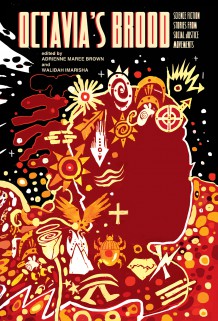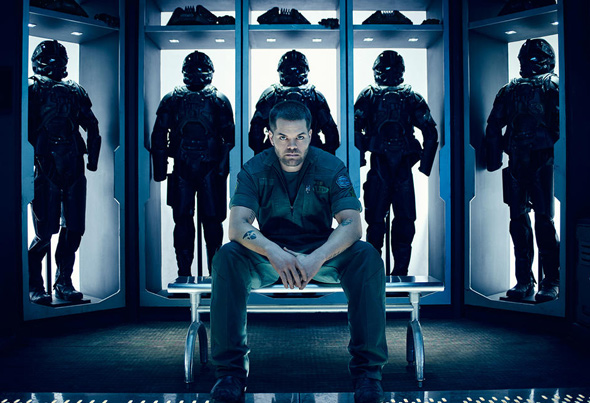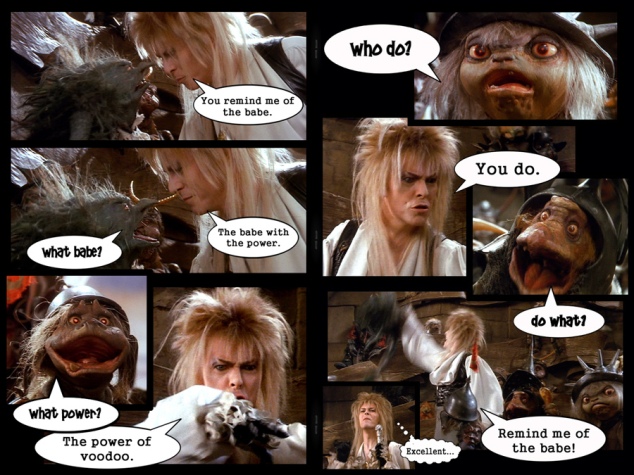I love Octavia Butler. It’s not a secret. I’ve talked about her writing before at the beginning of this series and when I reviewed her series Lilith’s Brood AKA Xenogenesis. I’ve also recommend her incredible Earthseed series more than any other book, plus I’ve read her seminal book Kindred and her vampire novel Fledgling. Her version of science fiction that is so rooted in her political beliefs and her experience of race is truly amazing and I can’t recommend it enough. Unsurprisingly, Octavia Butler has a lot of fans. In 2015, her work inspired a book of short stories from social justice movements titled Octavia’s Brood. I’ve been eyeing it in my local independent bookstore since it came out and finally read it.

Octavia’s Brood is a testament to a writer who wrote so movingly about the victims of prejudice and about the need for society to grow, change, and accept differences in order to survive. The editors Adrienne Maree Brown and Walidah Imarisha call the stories in the book “visionary fiction.” In creating the book they invited leaders and thinkers in social justice movements to engage in visionary thinking and to write about the futures they imagine. The results are fascinating.
There are stories full of inspiration about how listening to our past, learning from our mistakes, and letting those we’ve oppressed lead brings us to a beautiful future. And there are dark warnings about the places we will find ourselves if we let oppression continue. The types of stories in the book run the gamut from zombie to superheroes to dispatches from the future. There are angels and keepers of memory. There are monsters both human and not. There’s a story about a planet where the physically disabled have been banished and created their own haven, and about how a city fights back against gentrification. The issues covered in the book go beyond the expected racism and sexism, and into ableism, homophobia, ageism, and more. I won’t go on, but it’s a fascinating and imaginative collection.
The format of the stories is also a variety. Most are your traditional short story. A few are excerpts from published novels and a few feel like the start for a novel I’d like to read. The collection includes a couple of essays as well as one story that’s really a script. Whatever type of story you like, there’s something here for you.
Like most short story collections, I loved some of the stories and some weren’t for me. Some I found powerful and exciting, and some I didn’t really get. That goes with the territory, but what’s exciting about Octavia’s Brood is all the new terrain. Whether you love the stories or not, it’s powerful to see the futures imagined by those who work to make ours better.







